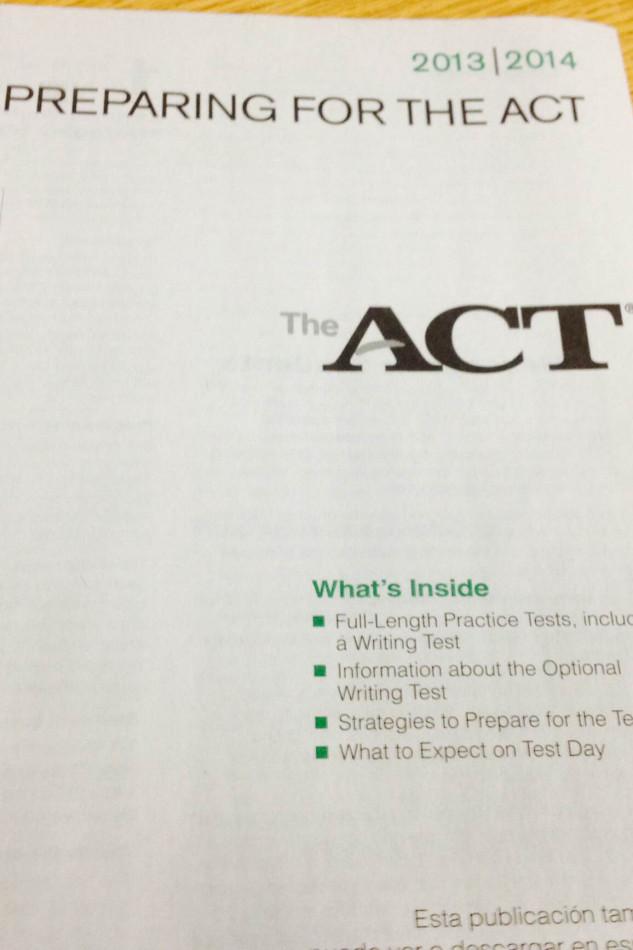Students Prepare For the ACT
As the end of junior year approaches, juniors work to get their highest possible score on the ACT. Go.college.com says, “The Act is an achievement test that determines a student’s current level of knowledge. Students are tested on a variety of subjects, including Mathematics, Science, and English.”
Each section is timed which Alyssa Amman, a junior at Arrowhead, says is one of the hardest parts of the ACT. Amann says, “If I could rewrite the ACT, I would allow more time on each section.”
The highest score a student can get on the ACT is a 36. The national average is a 21. Alyssa Amann, a junior at Arrowhead High School, says, “I would consider anything above a 28 a good score.”
Kathie Mitich, a guidance counselor at Arrowhead High School, says, “The University of Wisconsin schools vary greatly in their ACT scores. Published scores in the 2013-14 Introduction to the University of Wisconsin System begin at 20 (UW-Parkside) and top out at 27-30 for UW-Madison. Most of the schools provide an average or a range.”
Most colleges require applicants to take the ACT before applying. The ACT tells colleges what academic level a student’s at and their overall knowledge from high school. Gocollege.com says, “The ACT can benefit students in several ways. First and foremost, a good score will give you a greater chance of being accepted to the college of your choice. Your final ACT score also gives you a good idea of your academic standing, which can be extremely helpful when planning your educational path. Your ACT score will highlight areas in which you may need to improve, and you can plan accordingly by enrolling in any necessary review courses.”
Mitch says, “The ACT can play a big role in the admissions process depending on the college. Most UW colleges value these scores, but it does not seem to be as important as the student’s performance in their coursework.”
There are many different views on if a student can prepare or study for the ACT. Megan Orlandini, a senior at Mukwonago High School, says, “There is no way you can prepare for the ACT. You just have to show up and try your best.”
Amann says, “I am taking an ACT prep class to prepare (for the ACT).”
Arrowhead High School provides an ACT prep class that is currently in session every Saturday. This class gives a pretest to students and then goes over how to take the ACT and what kind of questions to expect. Some students use ACT prep books and try practice questions and go to a tutor to get help review for the ACT.
Findcollegeusa says, “The best way to prepare for the ACT is by taking challenging courses throughout high school. After all, this is what the ACT is designed to measure – how well you have learned what you should have been taught in high school and how ready you are to complete more challenging college-level coursework.”
Some students question whether the ACT is an appropriate test to get a full view of a student. The question is this: Is the ACT a good indicator of a student’s knowledge?
Amann says, “The ACT should not portray a student. The test does not reflect a student’s full intelligence.”
Fairtest.org says, “Even the test-maker admits that high school grades predict first-year college grades better than ACT scores do.”
Pbs.org says, “Standardized tests do not measure a child’s motivation to understand new material and perform well in school. They also will not measure a child’s creativity or curiosity, nor the ability to cooperate in a group, challenge assumptions, or complete in-depth projects. None of these characteristics is tested, yet they are all essential skills for further education.”
Mitch believes the ACT is beneficial and gives a good idea of the student. Mitch says, “The ACT conducts a great deal of research to make their college entrance exam meaningful. I think overall it is a good measure of a student’s at that point in time.”





